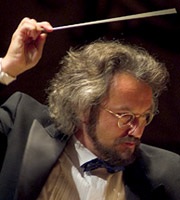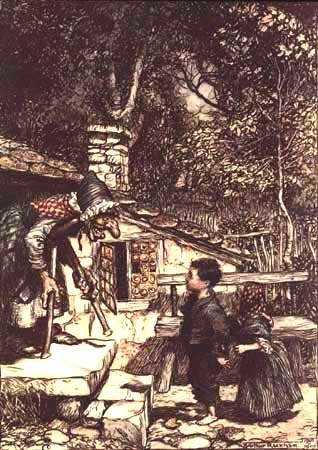So much going on in town, so little time. So VERY little time, when you’re on the road.
TBA? For a lot of people in Portland, PICA’s orgy of the experimental and unusual is the biggest arts deal of the year. Looks like I won’t catch any of it. Which is why, Dear Reader, you won’t be reading about it here.
 The symphony’s kicking into its season. So are the opera and the city’s theater companies. Ballet is getting ready to haul out the slippers. Across the city, tuxedos are coming out of mothballs (OK, that’s an exaggeration: This IS Portland) and uptown revelers are dusting off their dancing shoes.
The symphony’s kicking into its season. So are the opera and the city’s theater companies. Ballet is getting ready to haul out the slippers. Across the city, tuxedos are coming out of mothballs (OK, that’s an exaggeration: This IS Portland) and uptown revelers are dusting off their dancing shoes.
Me? This morning I’m behind the wheel again, making like Willie Nelson as I head for far eastern Oregon and the Wallowa Mountains. If Heaven can wait, so can All My Sons.
Yes, the League of Tough-Guy Arts Observers is going to have to do without me for a spell.
Playing catch-up, I discover Bill Donahue’s intriguing profile in the current Portland Monthly of Carlos Kalmar, the Oregon Symphony’s conductor and musical director. I know Bill a little, and he’s not only a good guy but also one of the city’s most graceful writers. And he’s fearless. He admits right up front that he went into this story knowing next to nothing about classical music. Then he does his homework, and he does it well enough to write some gorgeous passages about life behind the scenes.
Trouble is, according to a lot of musicians, it’s tough to make up for a lifetime of neglect in such a short time. In short, they say, Bill didn’t know enough about the way orchestras work to be able to weigh his impressions adequately. They believe he misunderstands the complex relationship between conductor and musicians, and sees lots of controversy where little exists. True enough, a certain amount of ogre shows up in Bill’s depiction of the Big Bad Autocrat, although he also hints that all that aloofness and disdain might be just part of the maestro act.
Wherever you fall on this question, Bill’s story is a good read, and I recommend it — with this caveat: To balance it out, you should go to Daily Observations, symphony violist Charles Noble’s urbane and insightful music blog, to see how he and other musicians respond. The conversation — the dialectic, if you’re a Brechtian or a devotee of classical Greek philosophy — is sharp, and maybe by bouncing the two sides against each other you’ll find your own version of the truth. This is Noble’s main post on the controversy, and it includes a lot of reader comments worth your time.
Happy reading. I’m thinking about dusty roads and cowboy hats.
 The smashing success of last Friday’s
The smashing success of last Friday’s